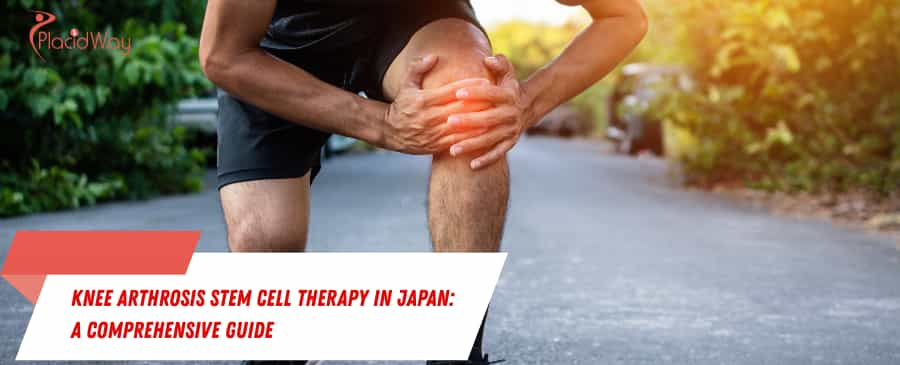
Japan is globally recognized for its pioneering role in regenerative medicine, operating under a unique legal framework that prioritizes patient safety while allowing for advanced cellular manipulation. Patients considering Knee Arthrosis Stem Cell Therapy in Japan often choose this destination for its ability to legally "culture" (multiply) stem cells to therapeutic dosages that are difficult to access elsewhere.
Key Takeaways
- Strict Safety Regulations: All procedures are governed by the "Act on the Safety of Regenerative Medicine" (ASRM), requiring clinics to pass strict government committee reviews.
- High Potency: Japanese laboratories typically culture cells for 3-4 weeks to reach counts of 100 million to 200 million viable cells per knee.
- Cost Range: Comprehensive packages generally range from $12,000 to $25,000 USD, covering cell processing, physician fees, and facility costs.
- Procedure Types: The primary methods include Autologous Adipose-Derived Stem Cells (ADSC), Bone Marrow-Derived Cells, and advanced Synovium-Derived options.
Types of Stem Cell Procedures Available
The variety of treatments available under the Japanese medical system allows for a personalized approach to osteoarthritis.
Autologous Adipose-Derived MSCs (ADSCs)
This is the standard of care for Knee Arthrosis Stem Cell Therapy in Japan. A small amount of abdominal fat is harvested via a minimally invasive aspiration. These cells are then sent to a Cell Processing Center (CPC) where they are expanded over several weeks. This method is favored because fat tissue contains approximately 500 times more mesenchymal stem cells per gram than bone marrow.
Synovium-Derived MSCs
Emerging research from major Japanese universities has highlighted the efficacy of cells derived from the synovium (the lining of the joint). These cells have shown a superior ability to differentiate specifically into cartilage. While less common than ADSCs, specialized centers in Japan offer this for complex cartilage defects.
Bone Marrow-Derived MSCs (BM-MSCs)
Harvested from the iliac crest (hip bone), this traditional method is still used, particularly for patients who may not have sufficient adipose tissue or for specific bone-related pathologies accompanying the arthrosis.
Cost Breakdown of Treatment Components
Unlike other medical procedures where the doctor's fee is the primary cost, in regenerative medicine, the laboratory processing fees constitute the bulk of the expense. Below is a typical breakdown of what constitutes the final price in a Japanese medical institution.
| Cost Component | Estimated Price (USD) | Details |
|---|---|---|
| Initial Screening | $300 - $800 | Includes MRI review, X-rays, blood tests (infectious disease screening), and candidacy evaluation. |
| Cell Processing (CPC Fee) | $8,000 - $15,000 | The cost to culture, freeze, and store cells in a sterile environment for 3-4 weeks. This is the most expensive part. |
| Procedure & Administration | $2,000 - $5,000 | Operating room fees, anesthesia (local), and the physician's fee for the ultrasound-guided injection. |
| Follow-up & Rehabilitation | $500 - $1,500 | Post-injection checkups and specialized rehabilitation guidance (if applicable). |
| Total Package Estimate | $12,000 - $25,000 | Varies based on cell count (e.g., 100M vs 200M cells) and facility tier. |
Success Rates and Clinical Efficacy
Japanese medical journals and clinical reports emphasize "Functional Improvement" over structural regrowth. While complete regeneration of the meniscus or hyaline cartilage is rare, the treatment successfully modifies the joint environment.
- Pain Scores (VAS): Patients typically report a drop in pain scores from an average of 8/10 to 2/10 within 3-6 months.
- Duration of Effect: The anti-inflammatory and cushioning effects typically last between 2 to 5 years, depending on the patient's activity level and weight.
- Cell Viability: The success rate is closely tied to the "Cell Count." Japanese protocols often inject over 100 million cells, which is statistically associated with better outcomes than lower-dose treatments.
Safety and Regulation (ASRM)
The Act on the Safety of Regenerative Medicine (ASRM) is the backbone of Japan's regenerative sector. Enacted in 2014, it ensures:
- Traceability: Every cell sample is tracked from harvest to injection.
- Sterility: Cells must be processed in a facility that meets strict air purity and contamination control standards.
- Oversight: Clinics cannot operate without a license and must renew their certification regularly through third-party committee reviews.
Frequently Asked Questions (FAQ)
Is the treatment covered by Japanese Health Insurance?
No, stem cell therapy for osteoarthritis is currently classified as "Advanced Medical Care" and is not covered by public health insurance. It is a fully self-pay procedure for both residents and international patients.
How many visits to Japan are required?
Typically, two visits are required. The first visit (1 day) is for the consultation and fat harvesting. The second visit (1 day) occurs 3 to 4 weeks later for the injection, once the cells have been cultured. Some clinics may offer a condensed schedule if they have specific cryopreserved options, but the standard is two visits.
Can I walk immediately after the procedure?
Yes. The procedure is minimally invasive. Patients walk out of the clinic on the same day. However, strenuous exercise and high-impact activities should be avoided for at least 2 to 4 weeks to optimize cell retention.
Is there an age limit for this therapy?
There is no strict legal age limit, but efficacy can decrease with age as the vitality of a patient's own stem cells diminishes. Japanese clinics often counter this by culturing the cells for longer periods to ensure a sufficient number of active cells are available for injection, even in patients over 70.
Connect with Licensed Japanese Specialists
Navigating the specialized medical landscape of Japan requires expert guidance. PlacidWay connects you directly with ASRM-licensed providers to ensure your treatment meets the highest government standards.
Get a personalized assessment and cost estimate from a certified medical team.
Request a Consultation
.png)
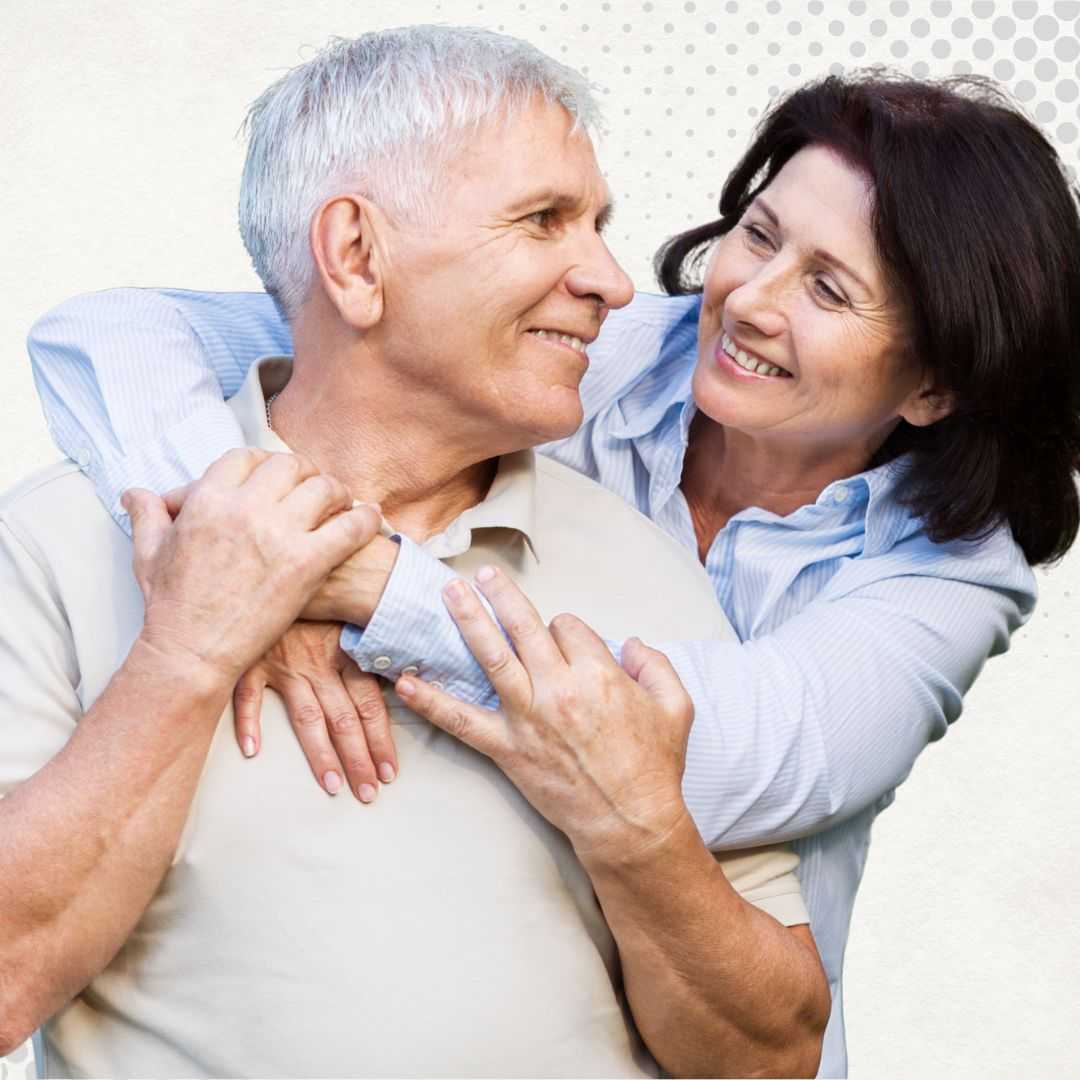
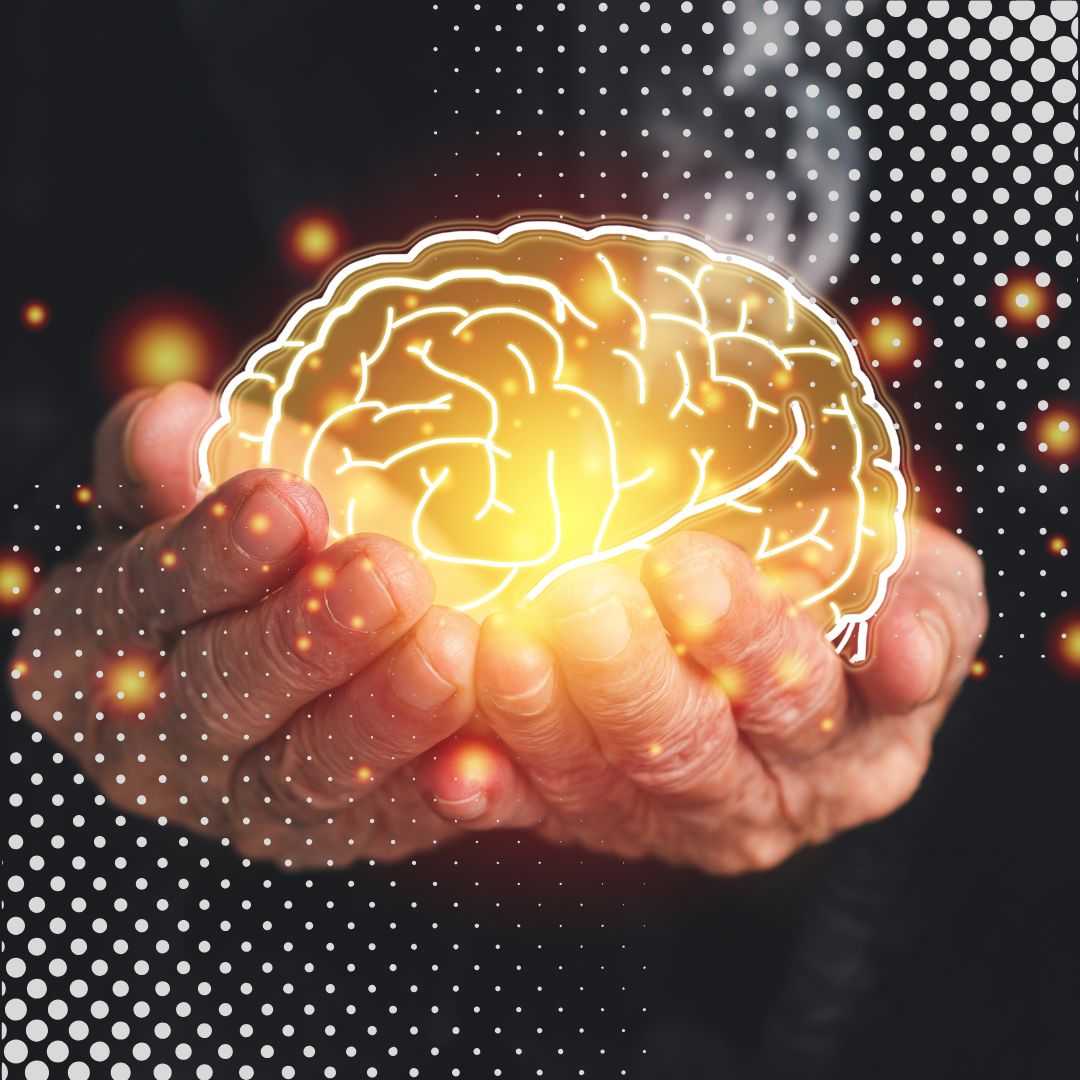
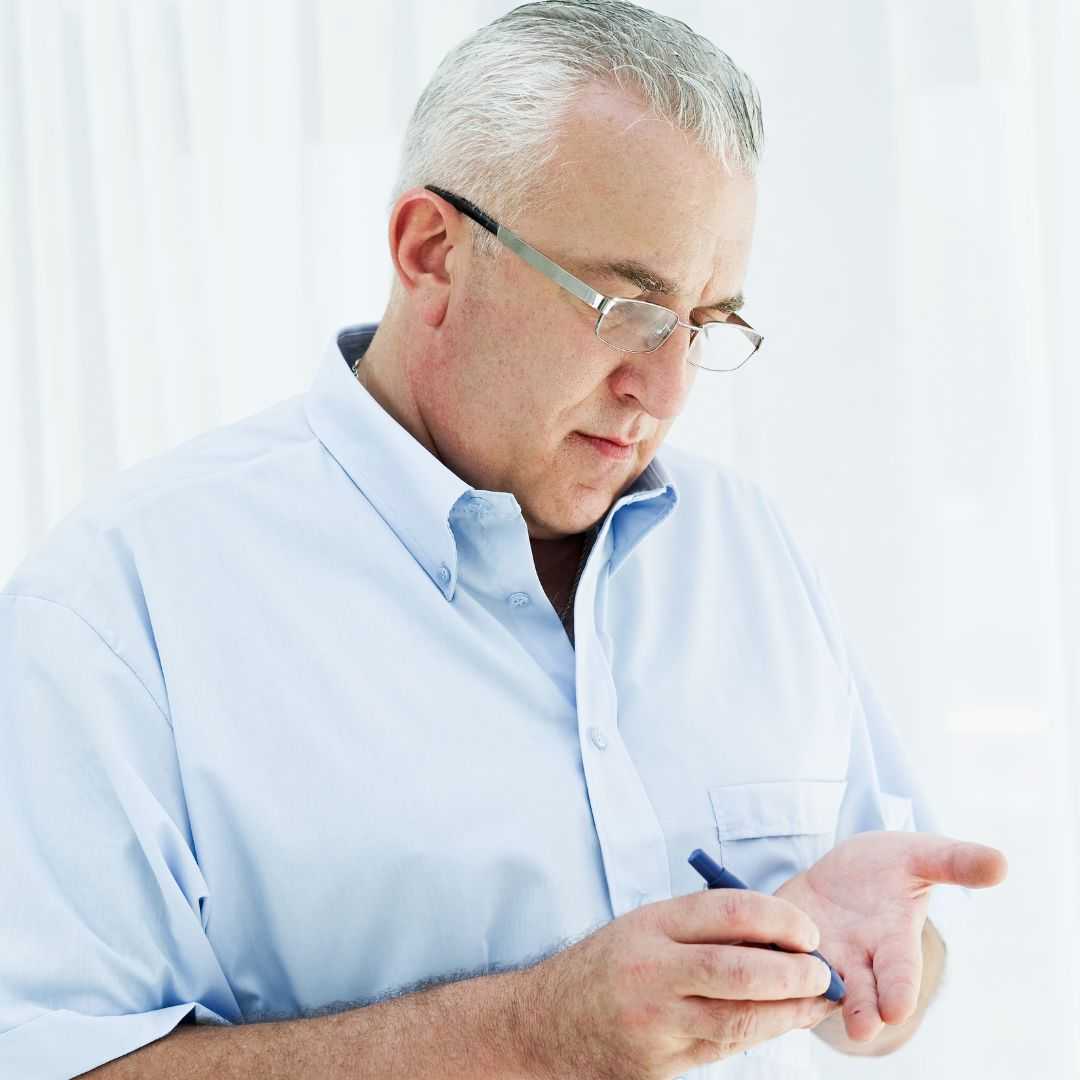
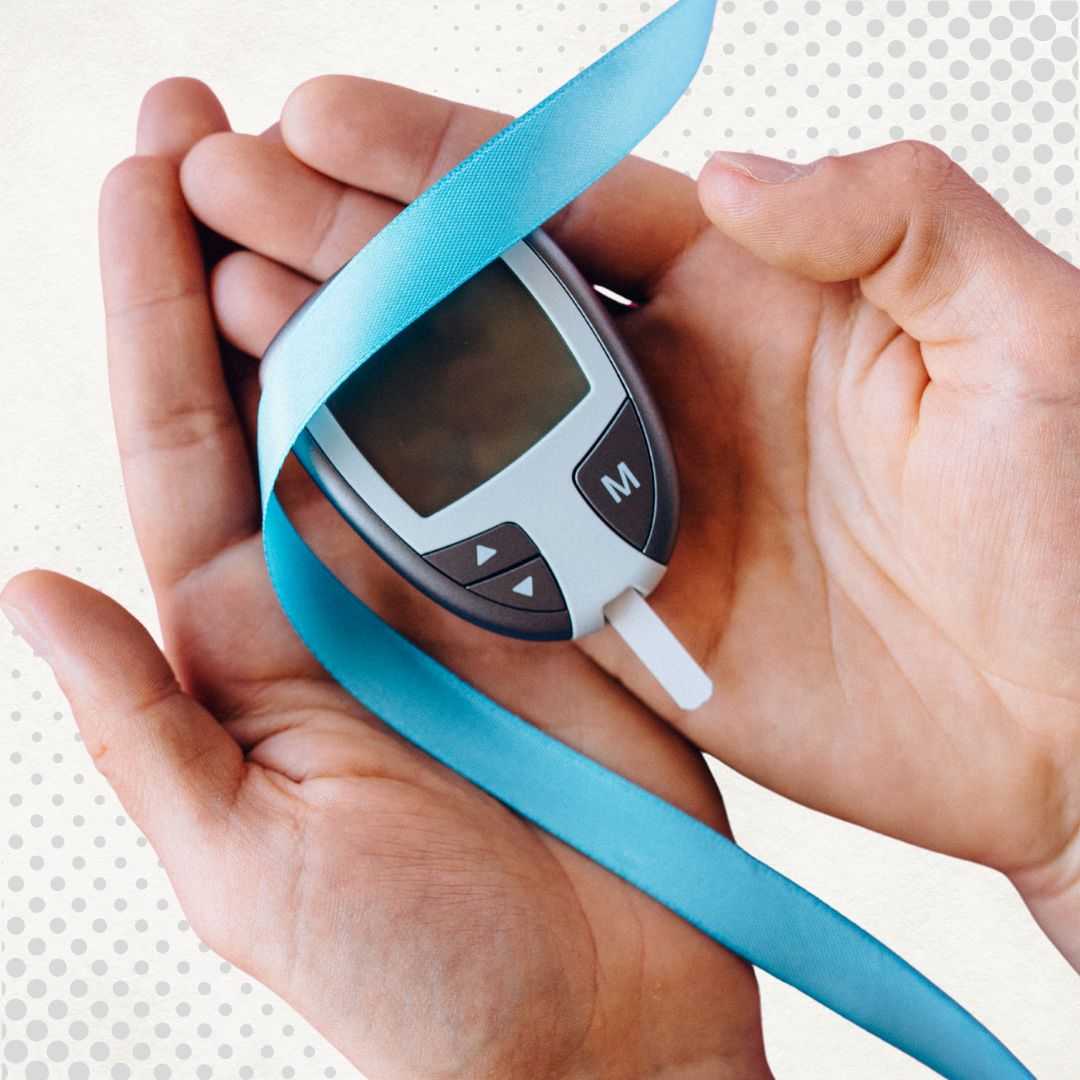
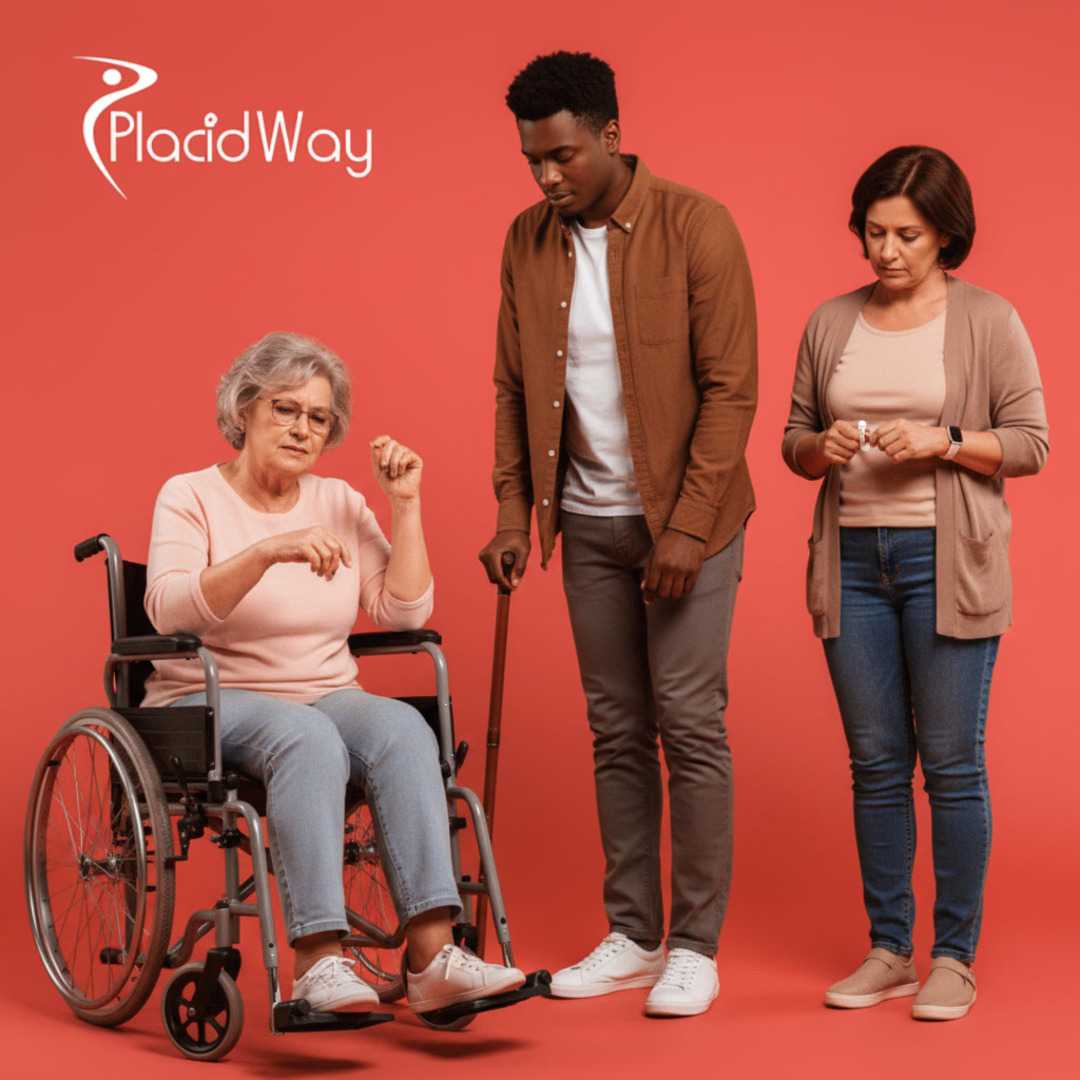

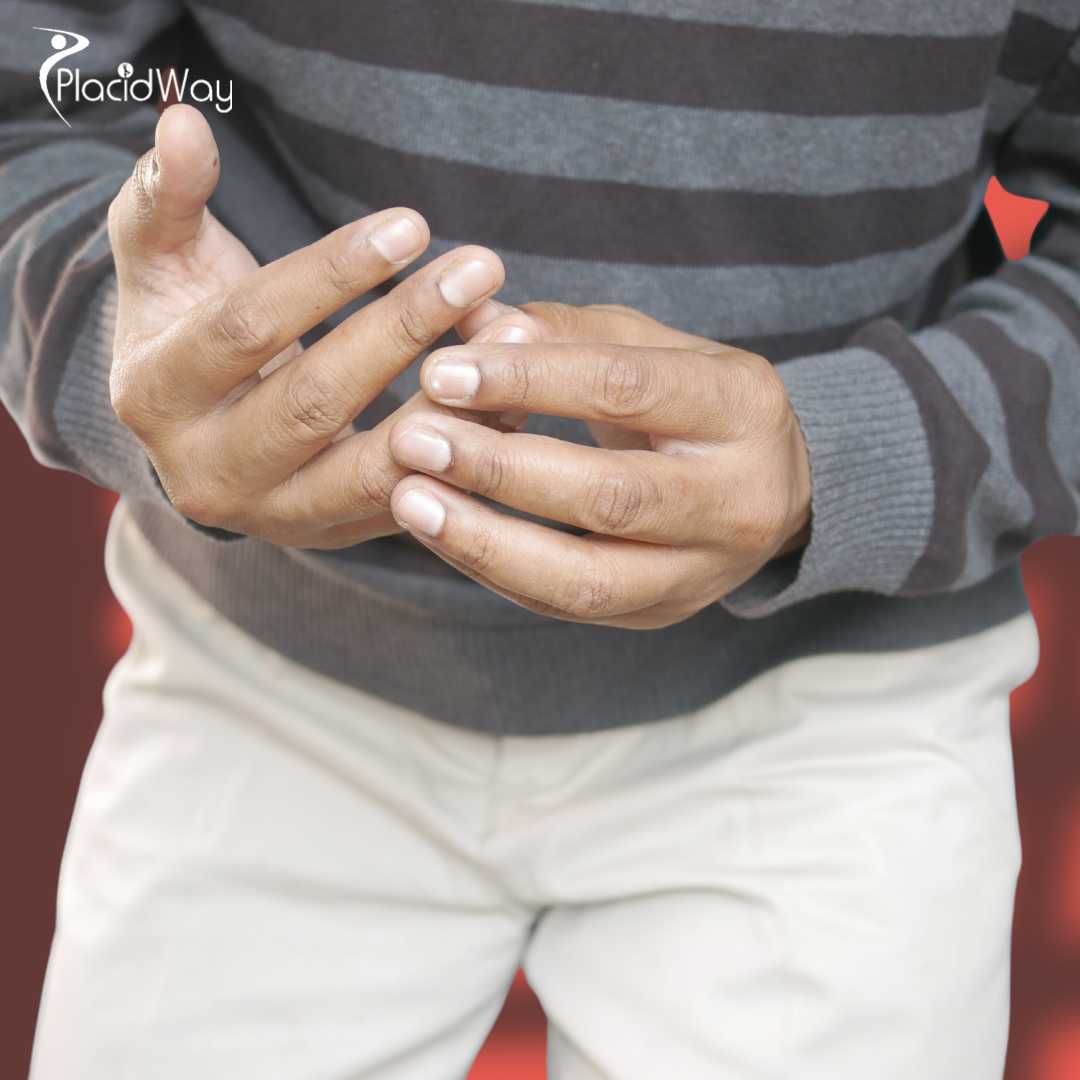
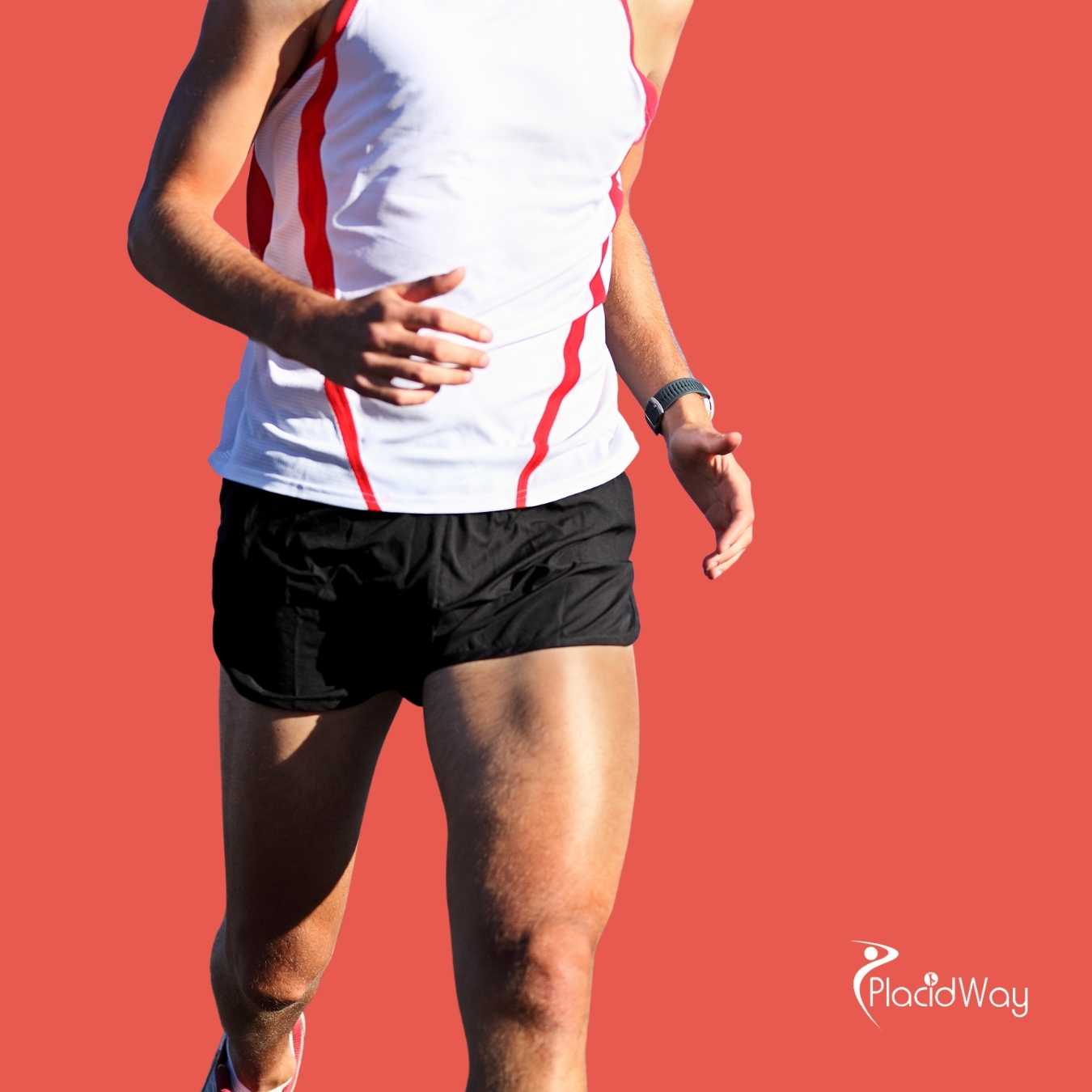
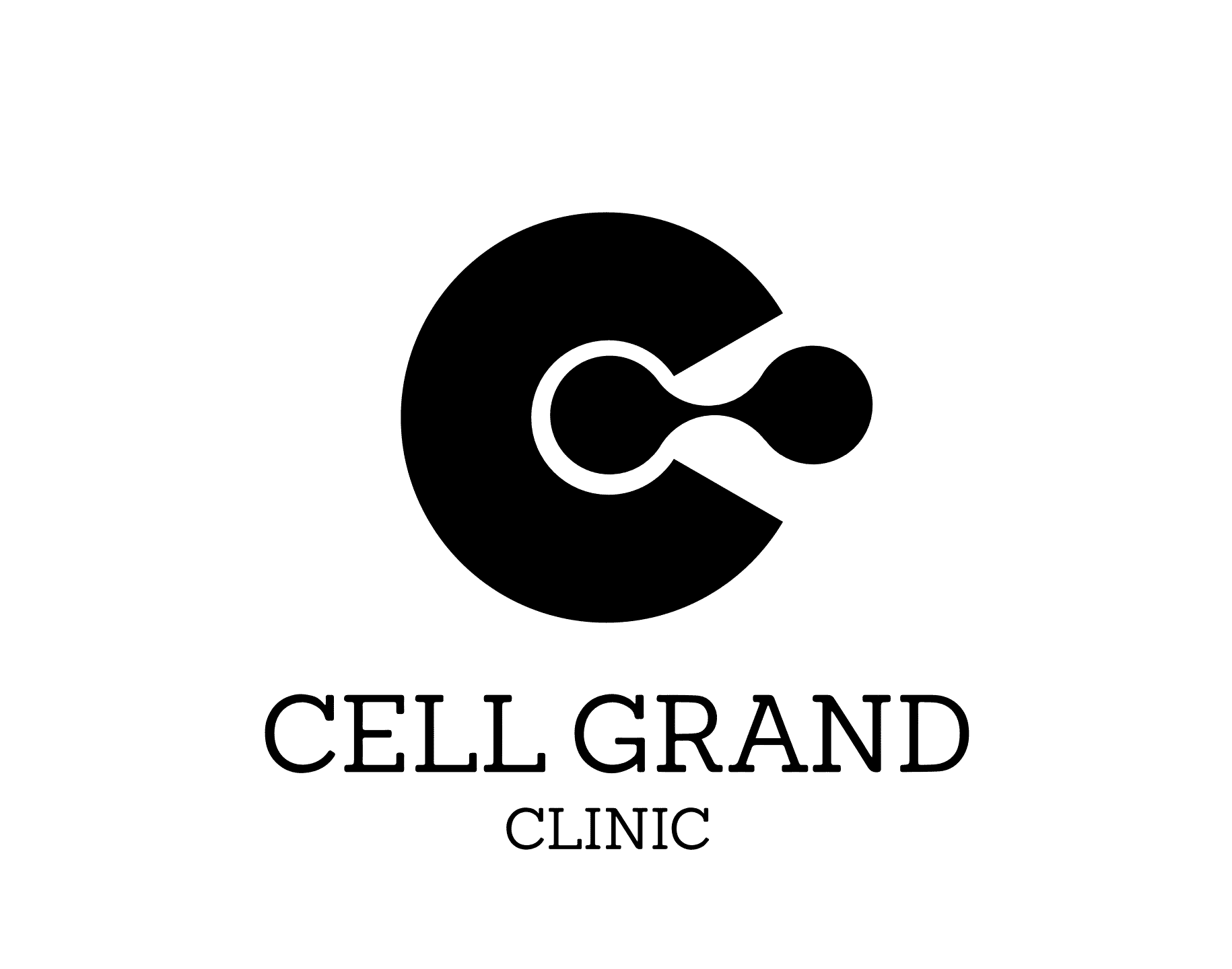
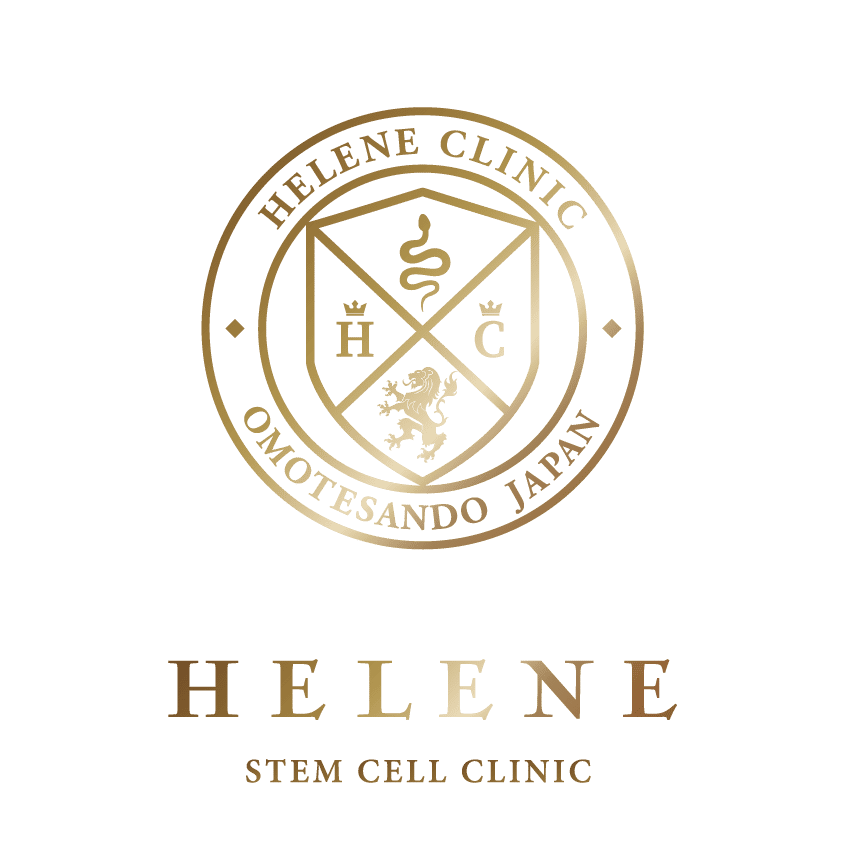
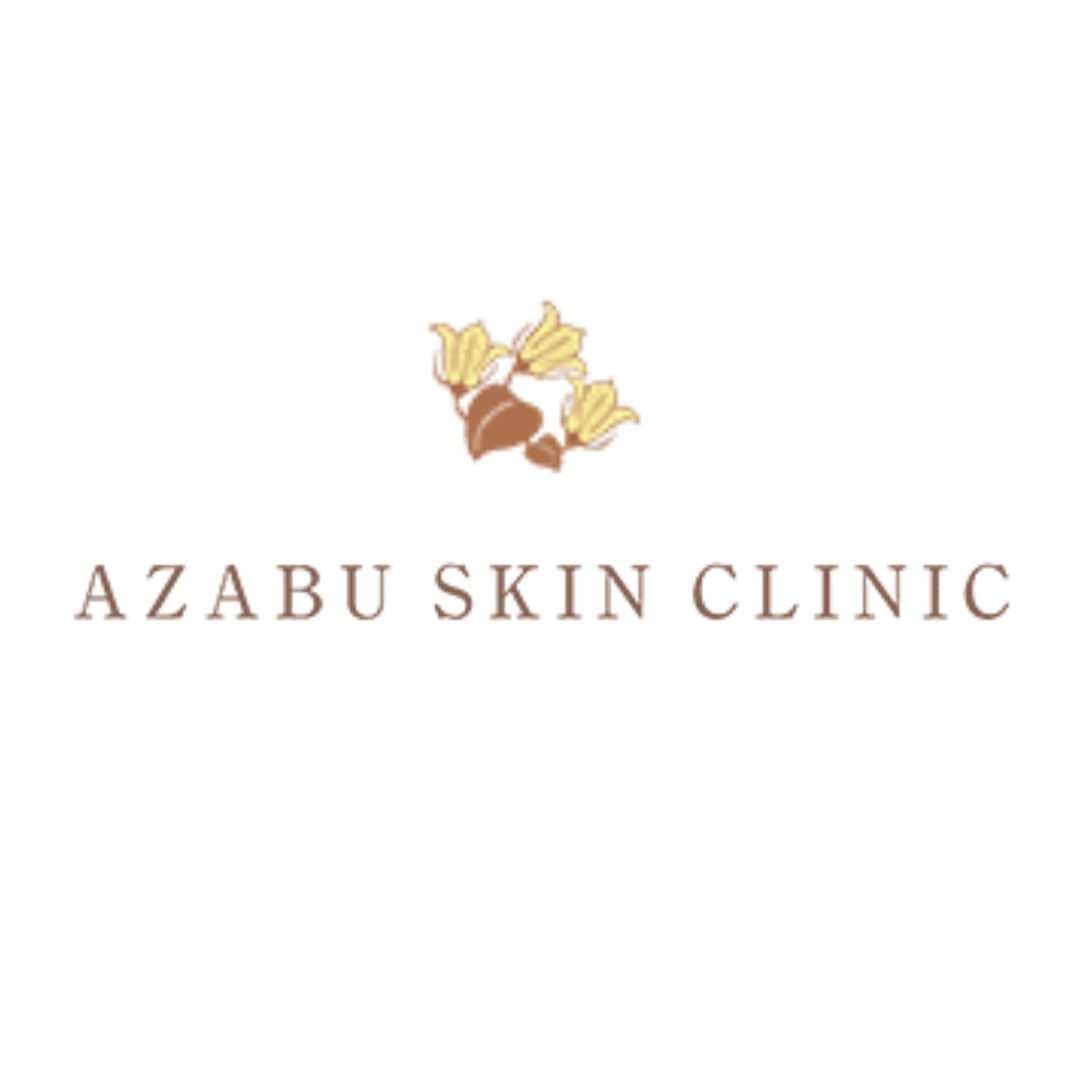

Share this listing